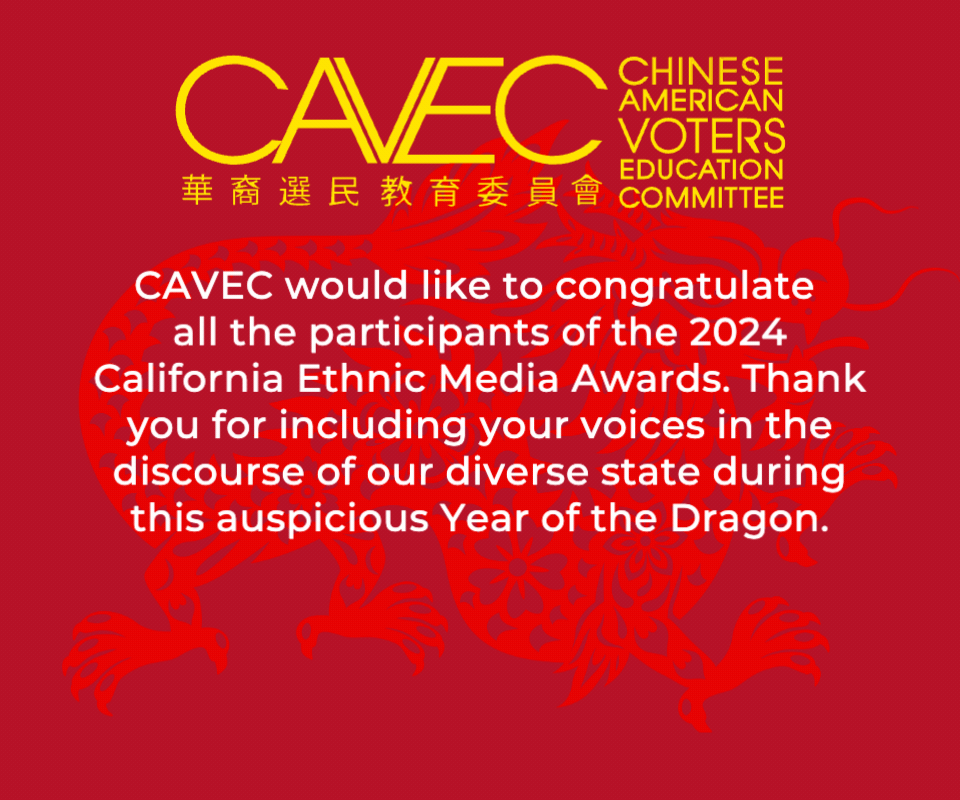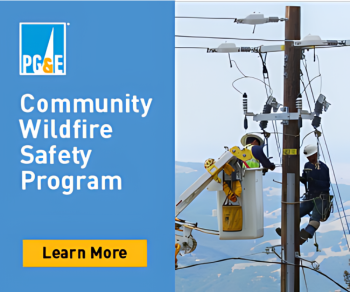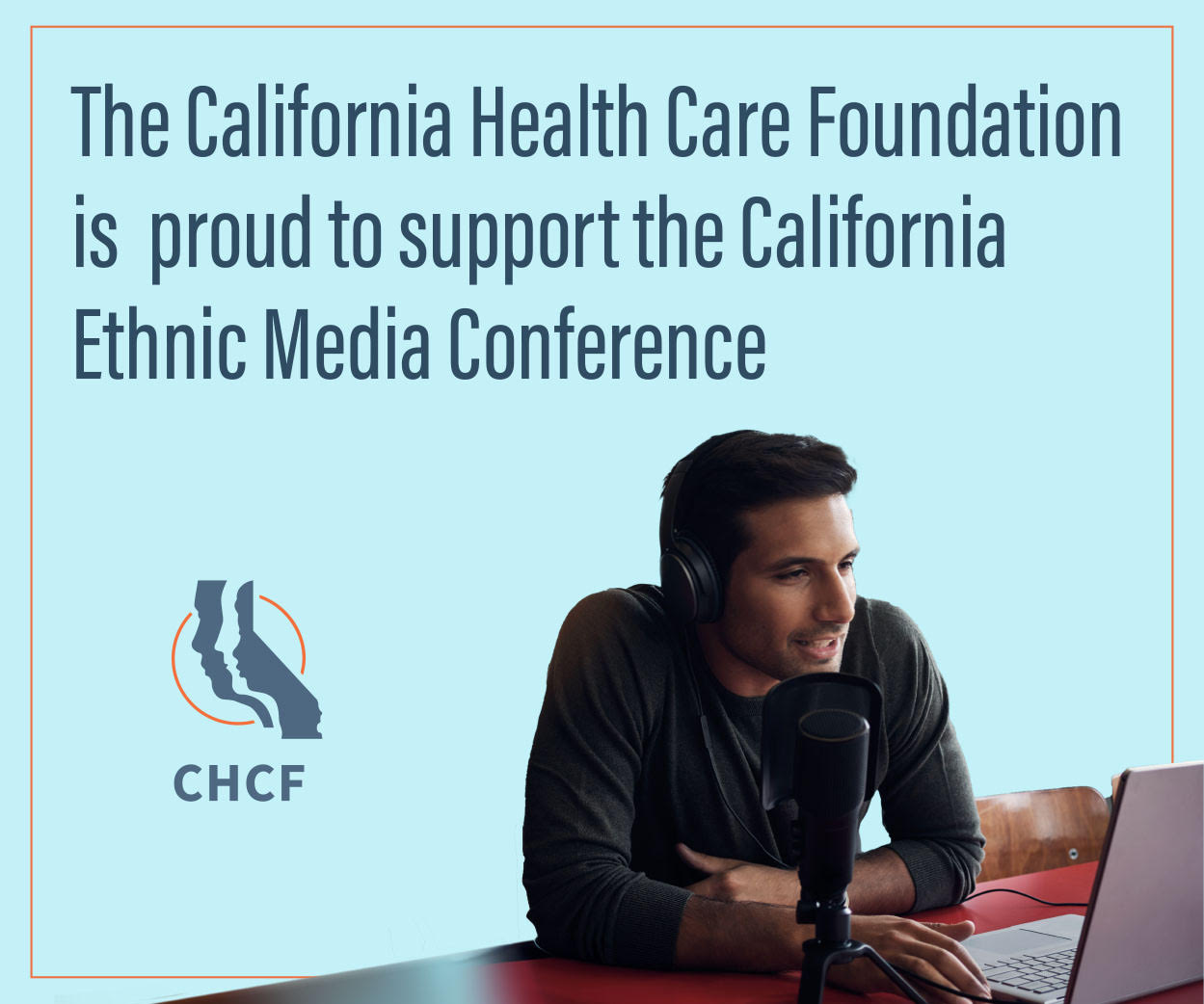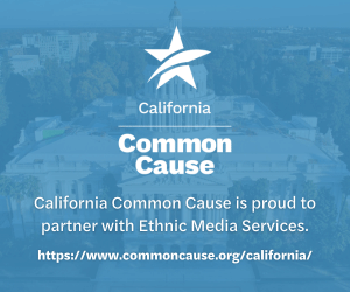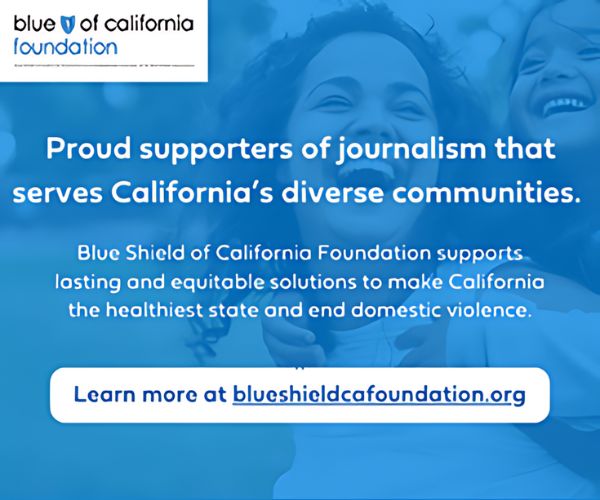By Simha Haddad | LA Blade
SAN FRANCISCO – Vince Crisostomo, a long-term HIV/AIDS survivor and dedicated activist, has devoted over 30 years to HIV/AIDS activism and supporting LGBTQ communities. Now the head of a program for long-term survivors at the San Francisco AIDS Foundation, Vince shares his insights on the profound impact of nature and green spaces on the mental and physical wellbeing of those aging with HIV/AIDS.
Vince’s journey began in 1985 as a volunteer in hospital visitations in New York. Over the years, his advocacy work spanned various locations, including San Francisco, Guam, and Washington, D.C. Today, he leads the Aging Services Department at the San Francisco AIDS Foundation, which serves as a crucial support network for elders who survived the HIV/AIDS pandemic of the 80s and 90s.
During the interview, Vince opened up about his own health battles, including a recent health scare that highlighted the importance of self-care and support. “I started on diabetes medication, and my body doesn’t feel like it’s at war with itself anymore,” Vince shared, emphasizing the value of proper medical care alongside community support.
In addition to his emphasis on the benefits of modern medicine, a significant aspect of Vince’s message revolves around the healing power of nature.
Reflecting on his experiences during the COVID-19 pandemic, which, Vince said, was strongly reminiscent of the AIDS epidemic, Vince said that he broke down.
He asked himself how he could live through yet another global health crisis, and, this time, while living with the toll of his disease. He shared how green spaces played a vital role in revitalizing his drive to push through and in maintaining his mental health.
“During COVID, I walked through Golden Gate Park and other beautiful parks in San Francisco. These green spaces are essential because they provide a place to escape, to hear yourself think, and to find calm.”
Vince’s appreciation for nature extends back to his time in Guam, where he found solace in the island’s natural beauty during a challenging period in 2000 when his body had rejected his medication, and he was unsure of what his next available medical options were. “I remember driving around the island and coming across a village that matched an image from a dream. It was incredibly peaceful and healing,” he recounted.
For Vince and many others in his program, green spaces offer more than just a physical escape. They provide a sense of community and connection to the past. “We have the AIDS Memorial Grove in Golden Gate Park, where I go to remember friends and find peace. It’s a place to reflect on better times and think about where we are now.”
The importance of green spaces is not lost on the diverse group Vince works with, many of whom have faced isolation and trauma. “People who have been isolated for years find these spaces to be vital for their mental health. We also have a garden at Marty’s Place, a co-op for older people living with HIV, where we hold gatherings that offer a sense of community and tranquility.”
The importance of greenspace is especially true for Vince’s generation, as he explained. “We are the first generation to age with HIV into a world of modern medicines and treatments. It is anticipated now that we will have a fully normal lifespan, which wasn’t envisioned for us when we received our diagnosis.”
Vince’s story is a testament to the resilience of the HIV/AIDS community and the healing power of nature. His optimistic outlook and dedication to creating supportive environments for long-term survivors serve as an inspiration. “We are the first generation to age with HIV, and we need to make optimistic choices because optimism brings hope,” Vince concluded.
As Vince and his community continue to navigate the challenges of aging with HIV/AIDS, the importance of nature and green spaces remains clear. These environments offer a sanctuary for reflection, healing, and connection, underscoring the vital role they play in the wellbeing of those who have fought tirelessly for their health and their community.
This story was produced by Ethnic Media Services in collaboration with the Laboratory for Environmental Narrative Strategies (LENS) at UCLA as part of the Greening American Cities initiative supported by the Bezos Earth Fund.




